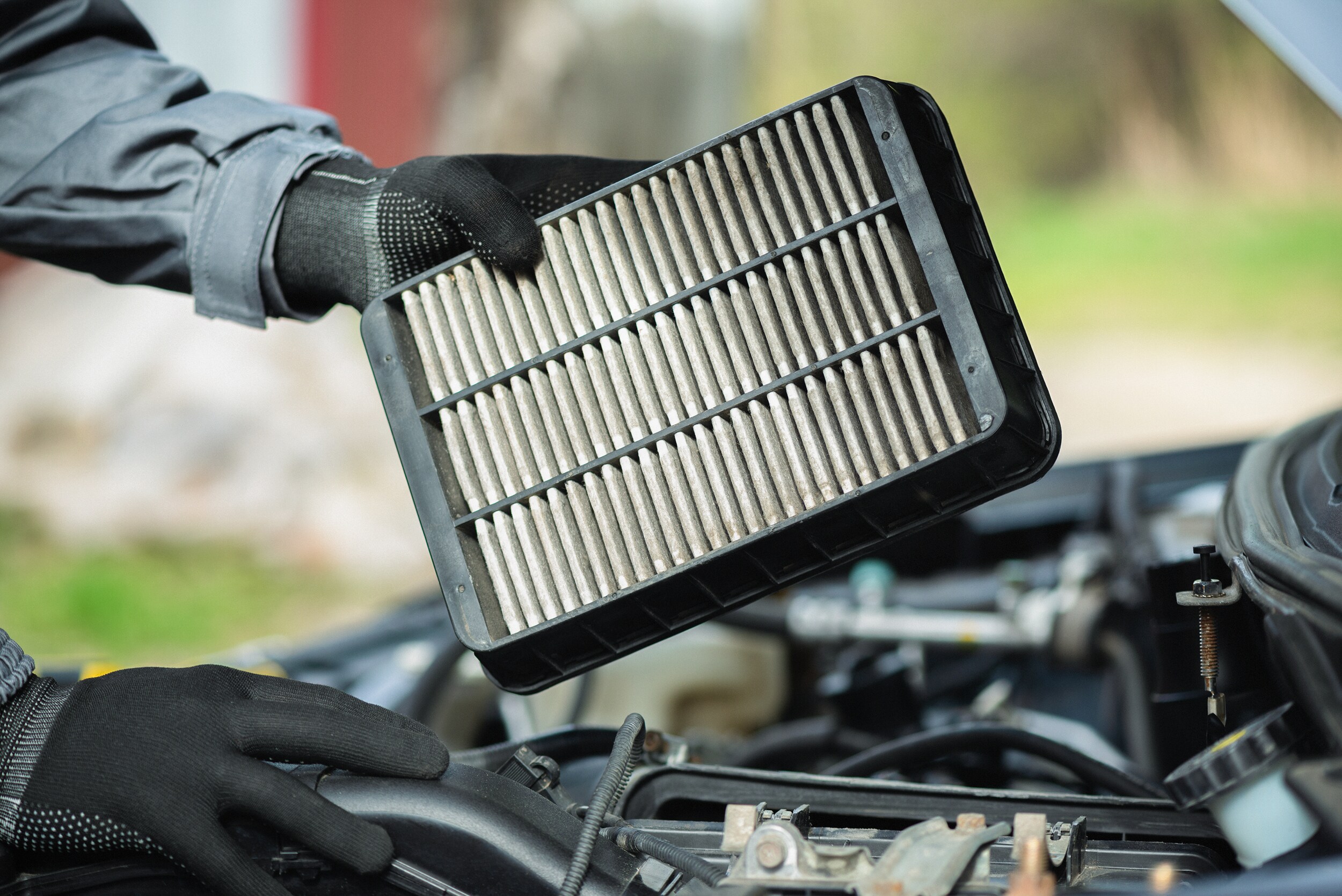
Essential Ford Maintenance: Keeping Your Car in Top Shape
Your Ford vehicle is more than just a means of transportation; it's an investment in convenience, reliability, and comfort. To protect this investment and ensure your car's longevity, it's essential to prioritize regular maintenance. By following a few key maintenance practices, you can keep your Ford vehicle in top shape for years to come. Explore some essential Ford maintenance tips with Phil Long Ford of Chapel Hills that every owner should know.
Regular Oil Changes
One of the simplest yet most critical maintenance tasks for your Ford vehicle is regular oil changes. Engine oil is the lifeblood of your car's engine, lubricating moving parts and preventing excessive wear. Over time, however, oil breaks down and becomes less effective, which can lead to engine damage.
To keep your Ford running smoothly, follow the manufacturer's recommended oil change intervals, usually every 3,000 to 5,000 miles, depending on the type of oil used and your driving habits. Regular oil changes not only protect your engine but also contribute to better fuel efficiency and reduced emissions.
Tire Care
Your Ford's tires play a crucial role in safety, handling, and fuel efficiency. To ensure your tires are in top shape, regularly check their pressure and tread depth. Underinflated tires can reduce fuel efficiency and lead to uneven tire wear, while worn-out tires can compromise your vehicle's grip on the road.
Rotate your tires according to your Ford's maintenance schedule to promote even wear and extend their lifespan. Don't forget to have your wheels aligned as needed to maintain proper handling and prevent premature tire wear.

Brake Maintenance
Your Ford's braking system is a critical safety component. To ensure your brakes work effectively, have them inspected regularly. Signs that your brakes may need attention include squeaking, grinding noises, a soft or spongy brake pedal, or increased stopping distance.
It's essential to address brake issues promptly to maintain your car's safety. A professional technician can inspect your brakes, replace worn-out brake pads or rotors, and ensure your braking system is in top condition.
Fluid Checks and Changes
Your Ford relies on various fluids to operate smoothly, including coolant, transmission fluid, brake fluid, and power steering fluid. These fluids need to be checked and replaced at specific intervals to prevent damage to your vehicle's components. Follow your Ford's maintenance schedule to determine when these fluids should be changed. Neglecting fluid maintenance can lead to overheating, transmission problems, or even complete engine failure.
Air Filter Replacement
The air filter in your Ford plays a crucial role in keeping the engine clean and running efficiently. Over time, the air filter can become clogged with dirt and debris, restricting airflow to the engine. A dirty air filter can lead to reduced fuel efficiency and decreased engine performance.
Check your Ford's owner's manual for recommended air filter replacement intervals. Typically, it's a good practice to replace the air filter every 15,000 to 30,000 miles, but this can vary depending on driving conditions.

Battery Care
Your car's battery is essential for starting the engine and powering various electrical systems. To prevent unexpected breakdowns, have your battery tested regularly, especially before extreme weather conditions, such as winter or summer, when batteries are more prone to failure. If your Ford's battery is old or showing signs of weakness, consider replacing it proactively to avoid getting stranded with a dead battery.
Check Engine Light Diagnosis
Modern Ford vehicles are equipped with sophisticated onboard diagnostics systems that can detect and report issues with your vehicle. If your check engine light comes on, don't ignore it. Instead, have your car diagnosed by a qualified technician to identify and address any potential problems. Ignoring a check engine light can lead to more significant and costly issues down the road. Addressing the problem as soon as possible can save you time and money in the long run.
Keep Your Ford Clean
Maintaining your Ford's appearance is not just about aesthetics; it's also about preserving its value. Regularly wash and wax your vehicle to protect the paint and finish from dirt, debris, and UV rays. Cleaning the interior and vacuuming regularly can also prevent dirt and stains from damaging the upholstery and carpeting.

Maintain Proper Fluid Levels
In addition to changing fluids when needed, it's essential to check and maintain proper fluid levels regularly. This includes engine oil, coolant, windshield washer fluid, and more. Low fluid levels can lead to overheating, poor visibility, or even engine damage. Make it a habit to check these levels during your routine maintenance checks.
Follow the Maintenance Schedule
Finally, one of the most critical aspects of Ford maintenance is simply following the manufacturer's recommended maintenance schedule. Your Ford's owner's manual contains a detailed list of maintenance tasks and their recommended intervals. Adhering to this schedule ensures that your vehicle receives the care it needs to perform at its best.
Proper maintenance is the key to keeping your Ford vehicle in top shape. Regular oil changes, tire care, brake maintenance, fluid checks, air filter replacement, and battery care are all essential components of a comprehensive maintenance routine. Additionally, staying on top of any check engine light warnings, keeping your car clean, maintaining proper fluid levels, and following the recommended maintenance schedule are crucial steps to ensure your Ford continues to provide you with reliable and safe transportation for years to come. When it comes time to service your vehicle, choose Phil Long Ford of Chapel Hills. We are here to help extend the life of your Ford and keep it running smoothly for years to come.
-
Phil Long Ford of Chapel Hills
1565 Auto Mall Loop
Colorado Springs, CO 80920
- Sales: 719-413-6467
